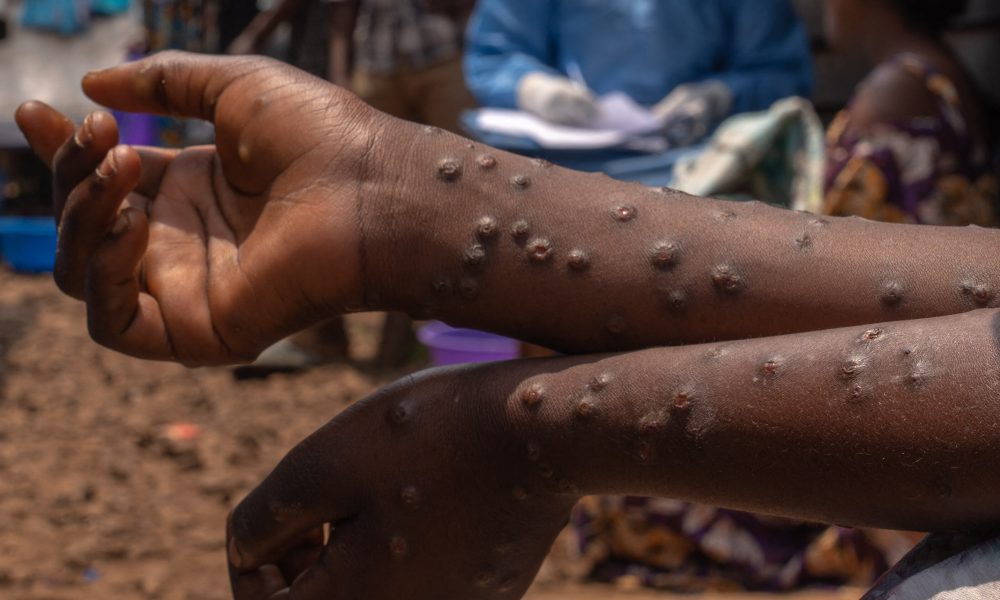The Ministry of Health has confirmed a case of Mpox in The Gambia, detected through the country’s routine surveillance system on 18 July 2025.
The announcement comes amid growing regional concern over the virus, which had previously been declared a Public Health Emergency of Continental Security by the Africa Centres for Disease Control and Prevention (Africa CDC) and a Public Health Emergency of International Concern by the World Health Organization (WHO) in August 2024.
The Health Ministry stated that although only one case has been identified, it constitutes an outbreak in a country where Mpox is not currently in circulation, and therefore requires immediate response.
“The case is stable, responding to treatment, and monitored. There is no cause for alarm,” the statement reads.
The Ministry assured the public that proactive steps have been taken to prepare for and respond to any potential spread. These include increasing Mpox surveillance, expanding testing capacity, and training health workers in response protocols.
Authorities have launched a sequencing process to determine the specific subtype of the virus. In the meantime, ongoing activities such as active case search, contact tracing, and community engagement are underway to curb further transmission.
Understanding Mpox
Mpox is a viral disease that can spread from animals to humans, and between humans through close contact. According to the Ministry, this includes skin-to-skin contact, saliva, respiratory secretions, bodily fluids, lesions, or contact with contaminated objects like bedding, clothing, or electronics. The virus can also be passed from a pregnant mother to her unborn child.
Symptoms of Mpox include:
Fever
Rashes
Headache
Muscle and back pain
Low energy
Swollen lymph nodes, particularly in the groin area
The rash often presents as blisters or sores and usually appears on the face, palms of the hands, soles of the feet, groin, and genital or anal areas.
What To Do If You Suspect Mpox
The Ministry outlined clear steps for individuals who suspect they may have Mpox:
1. Seek medical attention immediately at the nearest health centre for investigation. Early detection helps manage symptoms and reduce the risk of spreading the virus.
2. Avoid contact with others and self-isolate until medical evaluation is completed.
3. Inform health workers of suspected cases in your community so testing and support can be provided.
4. Follow all health worker advice at all times.

Public Cooperation Needed
The Ministry of Health expressed its gratitude to the public for cooperation during previous outbreak responses and called for continued vigilance.
“Please bear with us as we implement comprehensive response measures, including enhancing surveillance in communities, health facilities, and points of entry.”
Authorities emphasized that they are closely monitoring the situation and will issue further updates as needed. For more information or assistance, the public is urged to contact the Ministry’s toll-free number 1025.





